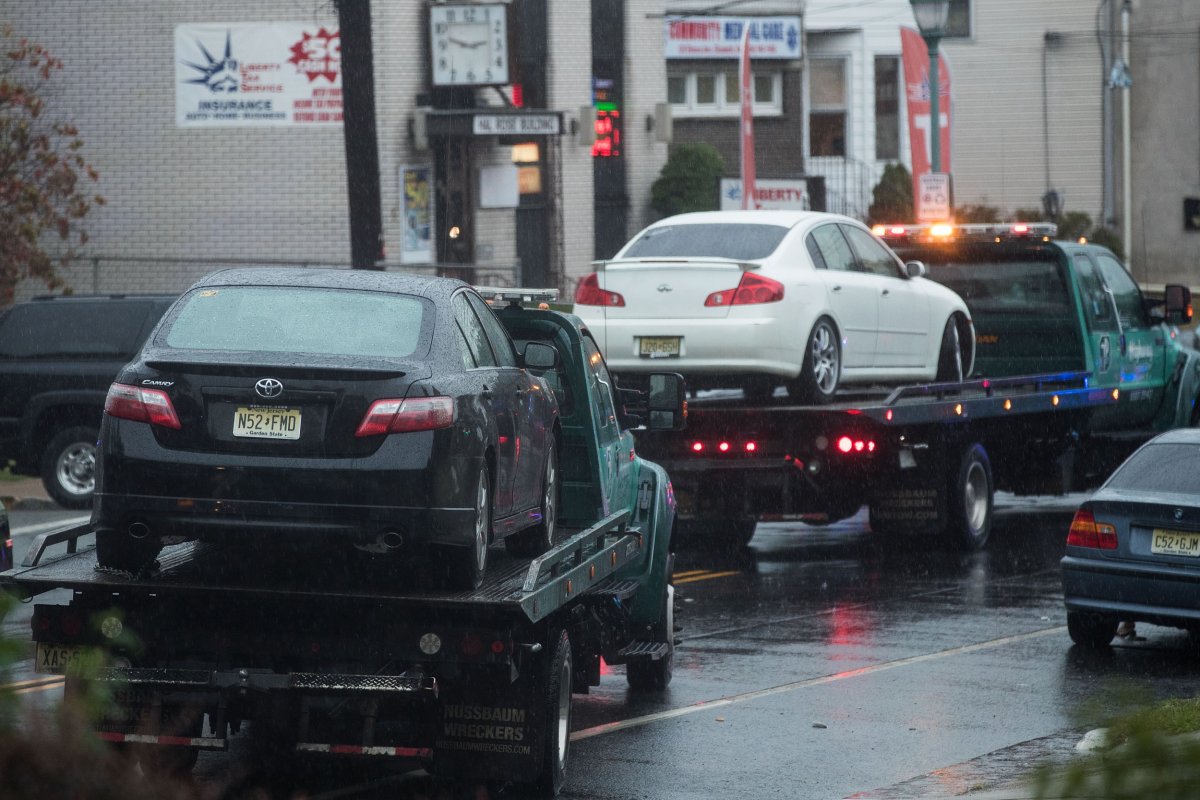Millennials are increasingly seeing their cars face repossession, with calls to attorneys regarding the topic reaching levels not seen since the pandemic.
Amid economic pressures from sticky inflation, increasing layoff announcements, and escalating living costs, the Millennial demographic is particularly vulnerable. Financial distress signals are loud and clear as individuals struggle to navigate the challenges posed by an economy that's squeezing their wallets and threatening their mobility, according to LegalShield's January Consumer Stress Legal Index issued Tuesday.
Consumer finance inquiries generally decreased over the month, but there has been an increase in calls regarding car repossessions and billing disputes, particularly among Gen X and Millennials.

The number of calls received by LegalShield provider attorneys regarding repossessions reached its highest mark since 2021, when most of the U.S. was still under COVID lockdown, with Gen Xers and Millennials making more than double the number of calls than they did in January of the previous year.
Billing disputes surged year-on-year among Gen X and Millennials, LegalShield said, who have experienced a 96 percent increase in billing inquiries. Calls are up across the board as well, with a 53 percent increase among all LegalShield members, indicating a broader rise in billing-related issues.
John Saltarelli, a LegalShield provider attorney from Texas, identified three primary factors contributing to the surge in inquiries regarding bankruptcies, repossessions, and billing disputes.
Credit card defaults, intensified collection efforts, and the impact of inflation.
"Consumers we talk to only have enough money to cover some of their bills, so they prioritize a roof over their head ahead over other expenses, racking up high-interest credit cards," Saltarelli said in a statement. "Collectors are turning up the heat after the pandemic, and increasing inflation makes what money people do have, worth less."
Beyond individual mismanagement, the growing number of individuals seeking legal advice on repossession and bankruptcy signifies a broader economic distress, according to LegalShield CEO Warren Schlichting.
"Our data bucks prevailing wisdom: While we saw the expected seasonal easing of consumer stress felt by our members, we just posted a post-pandemic record for bankruptcy inquiries," Schlichting said in a statement, adding, "despite the headlines, our data implies we're not out of the woods yet."
The rise in calls to LegalShield about car repossessions among Gen X and Millennials is mirrored by the broader trends affecting car affordability in the U.S.
Pandemic-induced supply chain disruptions, coupled with a surge in demand, have driven car prices to unprecedented heights, making car ownership a distant dream for many. While new car prices are roughly 3.5 percent lower than they were at the beginning of 2023, according to Kelly Blue Book, data from the AI car shopping app CoPilot reveals a sharp 30 percent rise in new car prices and a 38 percent increase in used car prices since 2020.
Today, a scant 10 percent of new car listings are priced below $30,000, placing them out of reach for the majority of American households, Newsweek previously reported.
High car prices and the burgeoning affordability crisis extends into the realm of bankruptcies, which have seen an uptick. Last year, personal bankruptcies grew by 16 percent, marking a departure from the declining trend observed over the past decade.
Last year saw 434,064 non-business bankruptcy filings, an increase of 59,824 from the previous year, according to U.S. Court data. The rise in bankruptcies, coupled with the economic pressures of inflation and the cessation of pandemic relief measures, points to the financial challenges facing Americans today.
"The calls to LegalShield provider attorneys for bankruptcy advice continue to increase, sustaining a trend we've seen since late 2022," Matt Layton, LegalShield's SVP of Consumer Analytics said in a statement. "Despite several positive macroeconomic signs, people are feeling pinched to the point of calling a lawyer in seek of relief."
The narrative of financial hardship and the looming threat of repossession and bankruptcy is not new but has been exacerbated by the current economic conditions. High interest rates, high living costs, and the end of student loan payment deferrals have all played a part in creating a perfect storm of financial distress for many.
"People are asking us to help assess options such as payment plans, or even file for bankruptcy," Saltarelli said in the statement. "Most of these folks want to pay their bills and meet their obligations, but they're reaching a breaking point."
Uncommon Knowledge
Newsweek is committed to challenging conventional wisdom and finding connections in the search for common ground.
Newsweek is committed to challenging conventional wisdom and finding connections in the search for common ground.
About the writer
Aj Fabino is a Newsweek reporter based in Chicago. His focus is reporting on Economy & Finance. Aj joined Newsweek ... Read more
To read how Newsweek uses AI as a newsroom tool, Click here.






